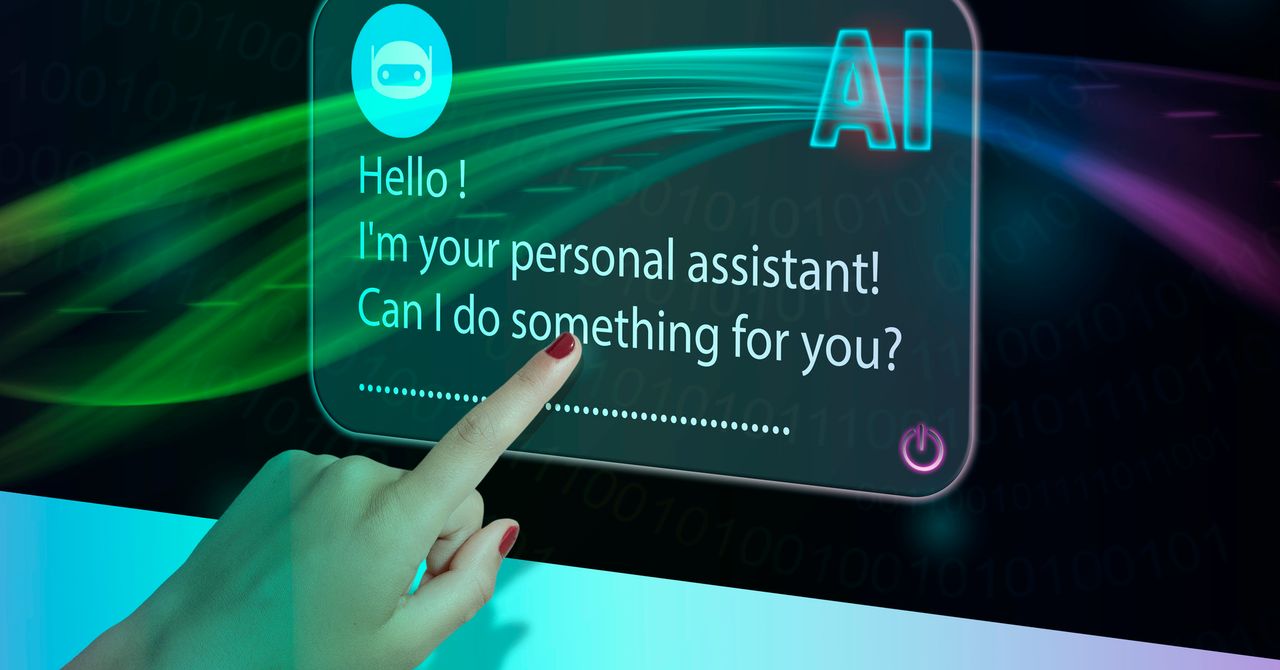Jimmy Napemn, a doctor, says, and even if it is true, an artificial intelligence agent cannot obtain the information it provides with the knowledge of physicians through experience. When patients at his clinic at Midtown Manhattan obtain their information from AI Chatbots, it is not necessarily incorrect, but what LLM suggests may not be the best method for the patient’s specific case.
For example, when considering IVF, couples receive scores to survive their fetus. Nopman says, but the request for chanting to make recommendations on the next steps based on these scores alone does not consider other important factors. “This is not just about the score: there are other things that enter it” – so when the fetus becomes biopsy, the patient’s uterine coverage status and whether they have been successful in the past. In addition to years of medical education and medical education, Nopman says, “He has taken care of thousands and thousands of women.” He says that this gives his real world insights on what the next steps to pursue it is an LLM.
Other patients come to some of them based on how the fetus is transmitted, according to the response they received from artificial intelligence. However, while the proposed method may be common, he says other courses may be more appropriate for the patient’s specific conditions. “There is a science that we study and learn how to do, but then there is art why a treatment or protocol is better for the patient than another,” he says.
Some companies behind these AI chats are building a tool to address concerns about distributed medical information. Openai, ChatGpt’s parent company, announced on May 12 that it launches Healthbench, a system designed to measure artificial intelligence capabilities in response to health questions. Openai says the program was built with the help of more than 260 physicians in 60 countries and includes 5,000 simulated health conversations between users and artificial intelligence models designed by physicians to evaluate answers. The company says that with previous versions of their artificial intelligence models, doctors could improve the responses created by the ChatBot, but claims that the latest models, since April 2025, such as Gpt-4.1, were just as good or better than human doctors.
“Our findings show that large language models have been significantly improved over time and are currently doing better than experts in writing the examples tested in our criterion,” says Open AI on its website. “However, even the most advanced systems still have a significant improvement space, especially in search of the necessary background to display illegal data and reliability of the worst.”
Other companies are developing specific health tools designed for the use of medical professionals. Microsoft says the new system has created AI-MAI Diagnostic (MAI-DXO)-in the testing of patients diagnosed four times as accurate to human doctors. The system with query from several major language models – including Gpt Openai, Google’s Gemini, Claude Anthropic’s, Llama Meta and Grok XAI – so easily imitate several human experts.
Bernard S. New physicians need to learn how to use these artificial intelligence tools as well as the patients they use, Chang, a medical education deputy at Harvard Medical School. For this reason, his university was the first person to provide student classes on how to use this technology in his methods. “This is one of the most exciting things that happen in medical education now,” Chang says.
This situation reminds Chang when people turned to internet for medical information 20 years ago. The patients came to him and said, “I hope you are not one of the doctors who use Google.” But as the search engine became epidemic, he wanted to answer these patients, “You don’t want to see a doctor who didn’t.” He sees the same thing happening with artificial intelligence. “What kind of doctor does the medication work at the forefront and does not use this powerful tool?”





